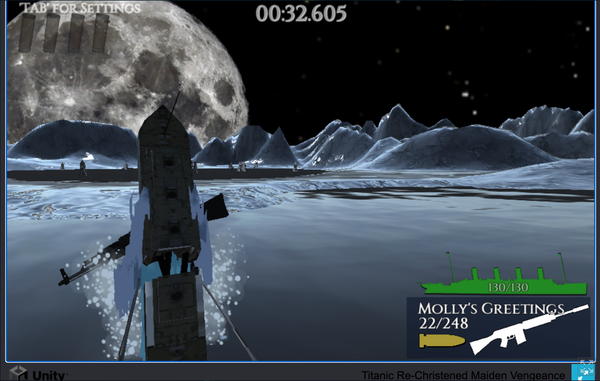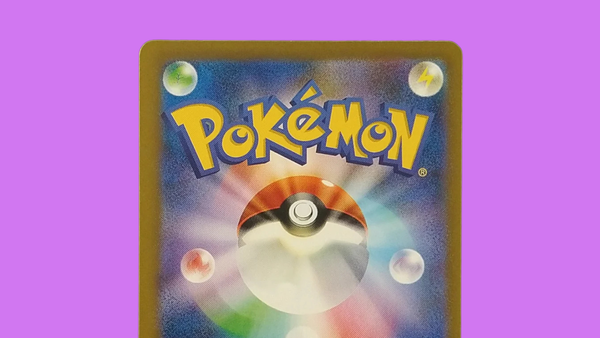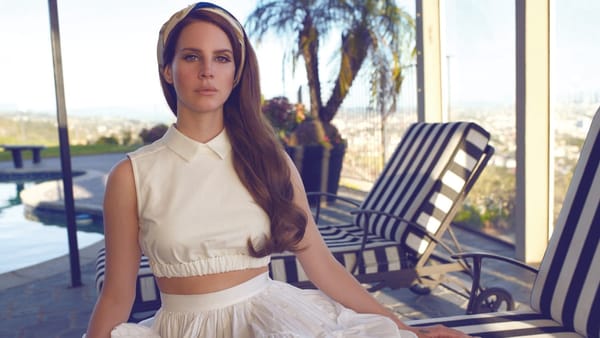Club Leftist Tennis takes a swing at pickleball
Can anyone save us from the "cancerous growth of fascist pickleball"?
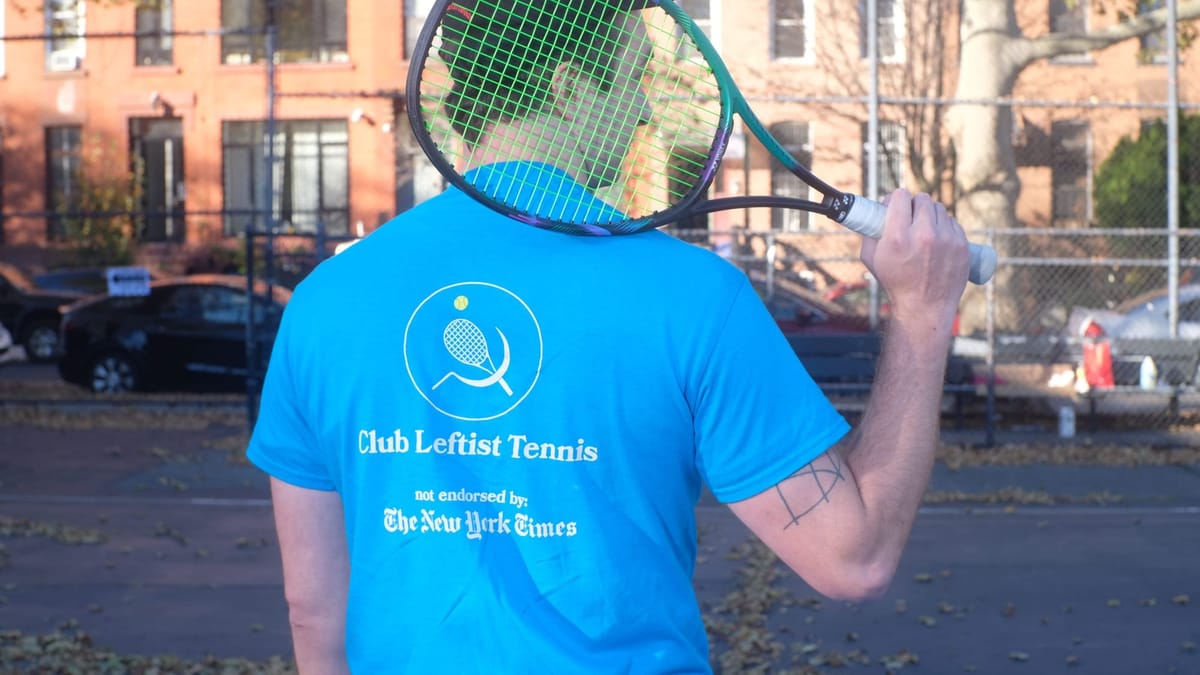
New York is being overwhelmed by an invasive species. Like cockroaches, if you see one, there are likely more waiting in the shadows. They swarm over public parks, frightening children and ultimately claiming every last bit of asphalt they can find.
I’m talking, of course, about pickleballers.
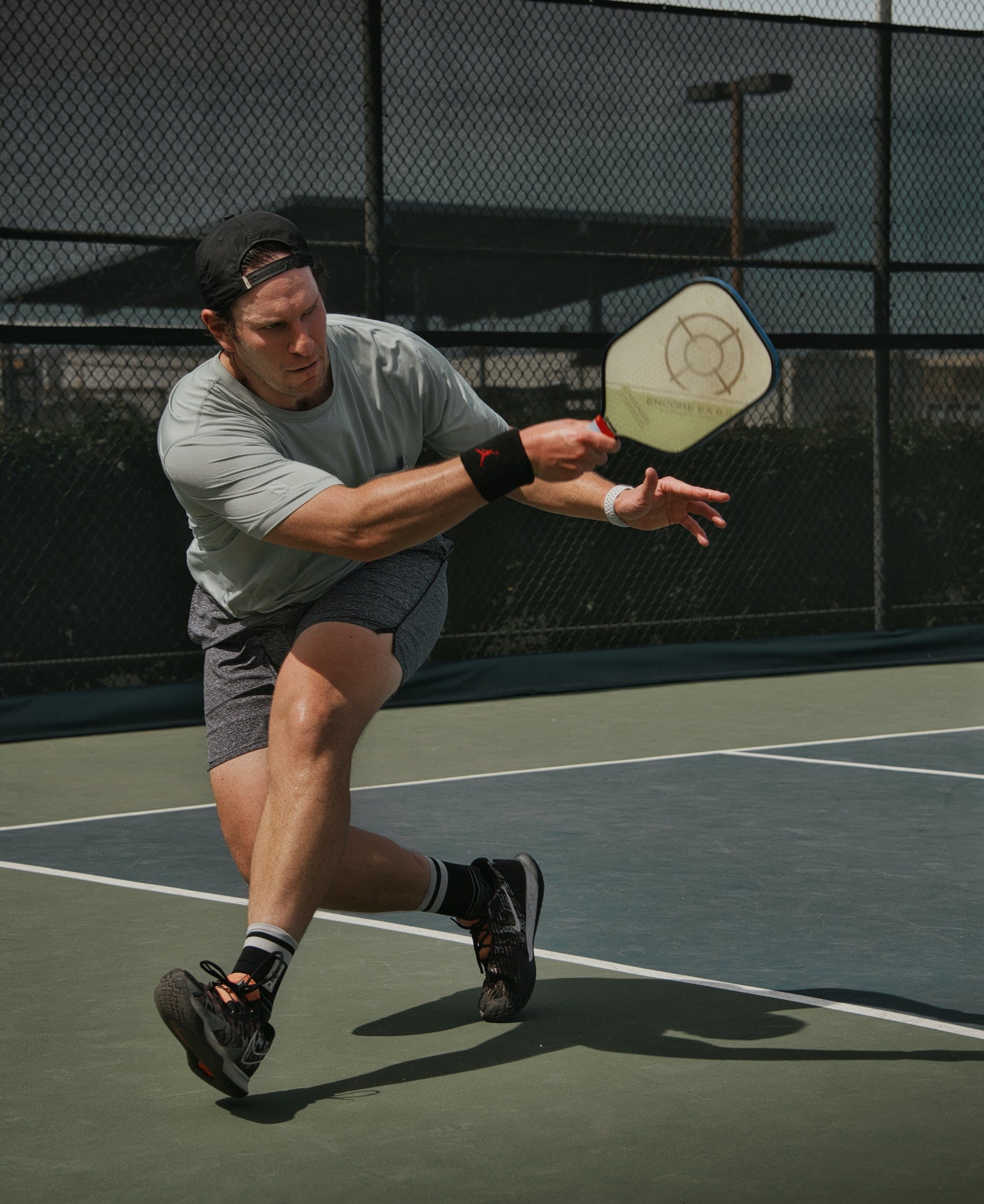
If you’ve somehow missed the quote-unquote “fastest growing sport” in America, pickleball is a paddle sport not unlike ping-pong, originally invented by two dads trying to keep their kids occupied. For decades, it was a pretty low-key sport—I played it in high school gym class and then didn’t hear about it again for over a decade. Things changed a few years ago when money started pouring into the sport from all angles.
“Pickleball organizations hired a bunch of PR firms and just started blasting every single major news outlet with constant press releases about pickleball,” Michael Nicholas, one of the two tennis players behind Club Leftist Tennis, a Twitter account and newsletter that is fighting back against the popular pickleball narrative, told me. “It gives the impression that tennis is on the decline while pickleball’s on the rise purely based on how many media hits each of these sports is getting as a recreational sport.”
With over 22.6 million players in the US, tennis dwarfs pickleball’s 4.8 million players. Between 2019 and 2021, tennis grew by an estimated 4.9 million players—which, just to underline it for those keeping score at home, is larger than pickleball’s entire player base.
“The narrative is still ‘pickleball’s going faster, tennis is on the decline’,” Nicholas continued. “And that leads to municipalities listening to very loud voices and communities who want to tear up tennis courts and make them pickleball courts.”
Nicholas played tennis recreationally as a kid, but only recently picked it up again after his friend Charlie Dulik, who runs Club Leftist Tennis with Nicholas, asked if he played tennis. “I found a much deeper love for the game now than I did when I was younger.”
Dulik and Nicholas originally started the account as a joke to make each other laugh. Dulik, who is a tenant organizer and DSA member, finds that “one of the funniest things is applying some of the language of organizing stuff or political theory to the sport… It’s kind of ridiculous and fun.”
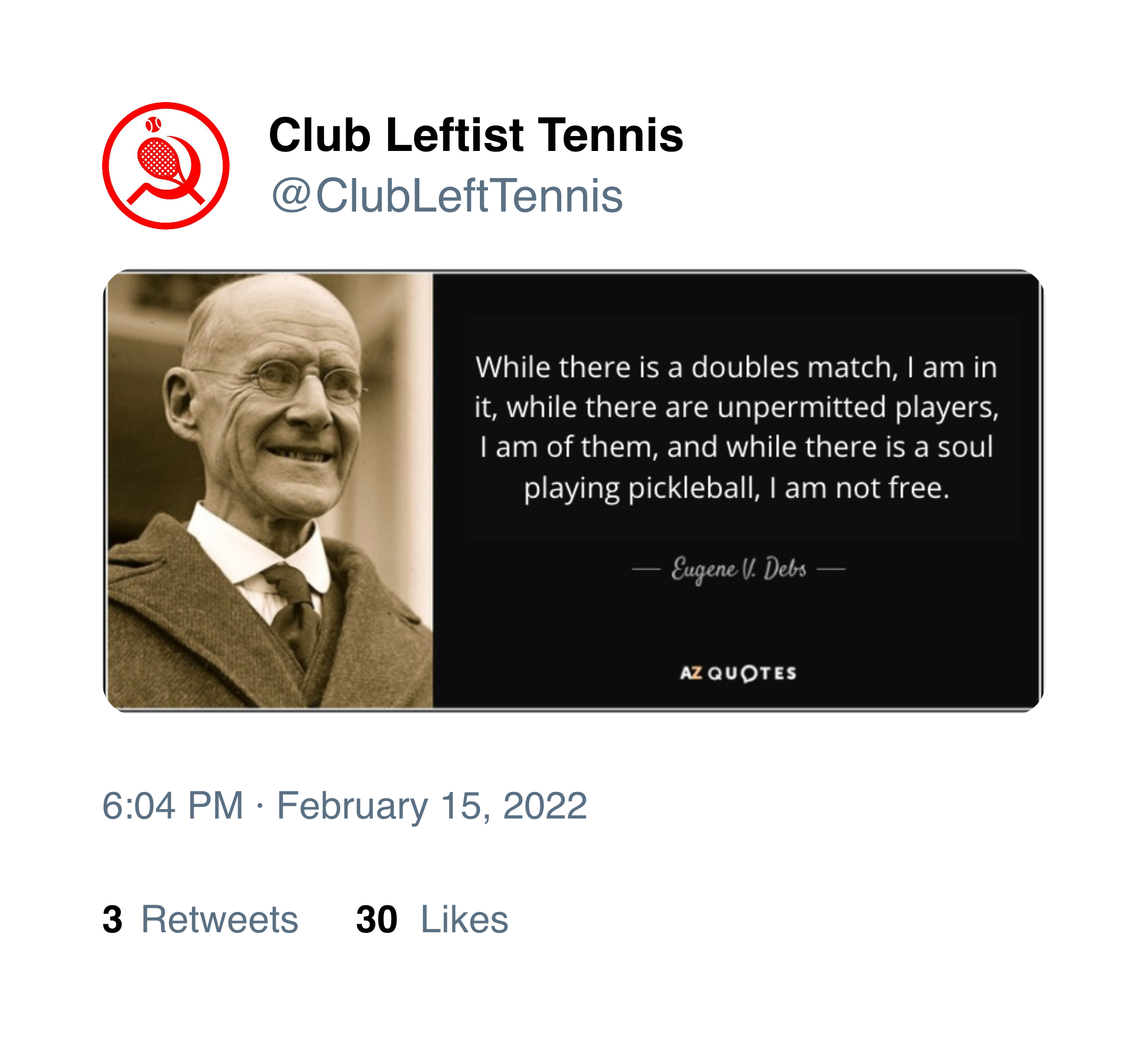
“We’ve joked before that something can be a joke or serious at any given time and there’s no rule of thumb,” Dulik said. That’s part of the joke—“to have it be so up in the air.”
While the anti-pickleball sentiment also started as a joke—the two published a manifesto earlier this year where they claimed that by shortening match times, pickleballers “are demanding that the free time of workers must too be governed by the cruel efficiency of capital”—the campaign has gotten more serious as tensions between pickleballers and tennis players rise.
“I’ve never seen a new sport that has made its whole shtick being so confrontational with existing sports or existing structures,” Dulik said. “Cornhole didn’t come up and immediately start being like, ‘we’re actually growing faster than bocce ball right now and every bocce ball court should be converted into a cornhole facility.’”
According to Dulik, that narrative from big pickleball has trickled down into how rank and file pickleballers interact with their communities. Here in New York, West Village parents have been sparring with pickleball players over extremely limited public space. All a pickleballer needs to make a court is a net and some chalk, and Parks Department employees have had a tough time keeping players in designated courts.
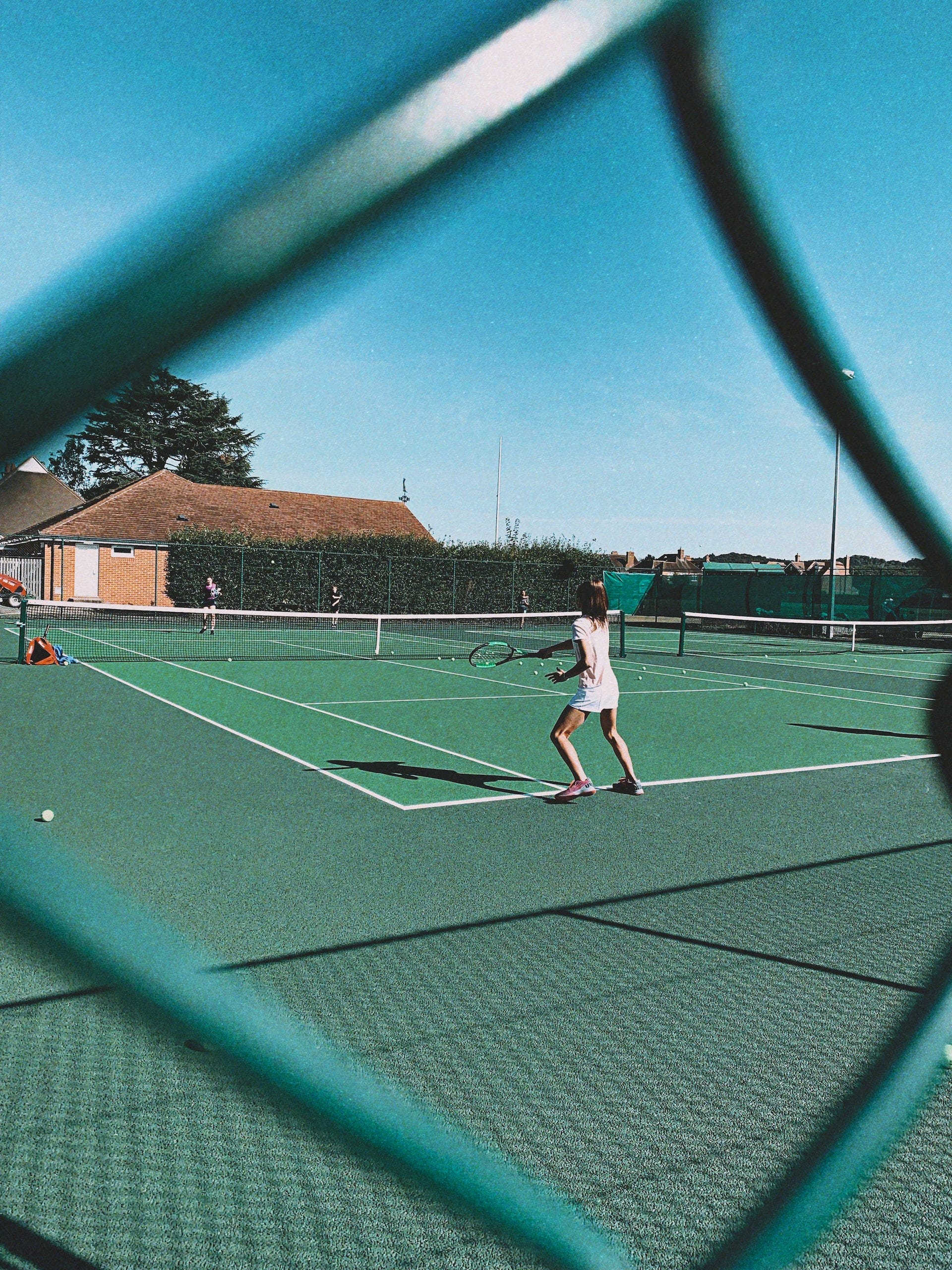
I’ve seen it in action at Passannante Ballfield, where my wife’s company plays in a recreational kickball league. The small park is covered in unofficial pickleball courts, encroaching into the ballfield and basketball court around the corner. Most of the players are in their 20s and 30s—a far cry from the image pickleball aficionados love to paint of an accessible, cross-generational game for kids and the elderly alike.
While it’s one thing to be aggressive to other adults, New York’s pickleballers aren’t scoring points with local parents when they push out kids in nearby Seravalli Playground, one of the only playgrounds in the dense neighborhood. Katherine Hedden, the USA Pickleball Ambassador for Manhattan, has been accused by parents of threatening to call child services on kids running around unsupervised and interrupting matches.
“I think if there were just a bunch of pickleball facilities popping up in private, that would be a whole different issue,” Dulik said. “But I think both in how it’s marketed and how it comes into contact with other sports, it’s crazy aggressive.” Based on what New Yorkers have seen in their own backyards, it’s not hard to make the logical leap to Club Leftist Tennis’ assertion that pickleball’s “entire function is to attack shared infrastructure, to shrink it, and accordingly shrink the radical horizon of what can be accomplished collectively.”
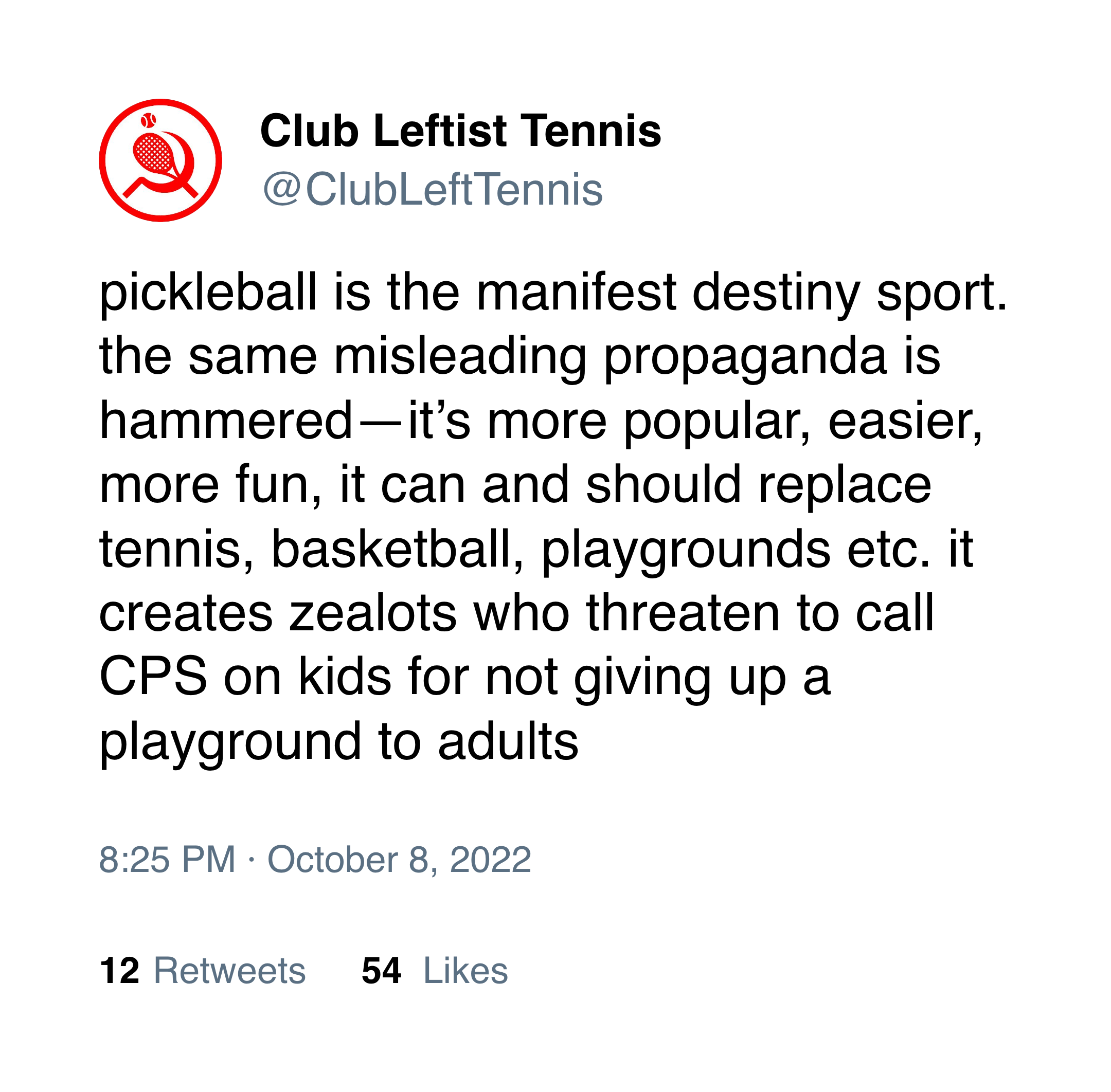
Club Leftist Tennis isn’t wholly focused on anti-pickleball policy—last month, they dropped a ten point policy platform called the Tennis New Deal. Among the planks are reforms like nationalizing the Tennis Channel, creating a jobs program for tennis infrastructure, and free universal healthcare. While the platform—and accompanying questionnaire for candidates seeking an endorsement from Club Leftist Tennis—are tongue-in-cheek parodies of our political process, Dulik and Nicholas are hoping a brave local candidate heeds the call. “I don’t know that we’re holding out a ton of hope for the Tennis Channel to be nationalized overnight,” Dulik said, “but we’ll see what happens.”
While we wait for the Tennis New Deal, what can the average leftist tennis player do to promote tennis? “I can only speak for New York City, but at different court complexes we play at—Lincoln Terrace Park, Highland Park—there’s really vibrant local tennis organizations and groups to be involved in,” Dulik says. On the political side, fighting for public resources will benefit everyone, not only tennis players. “If people were fighting for stronger taxes on the rich that would fund public services, no doubt some of that would come to public parks, that would come to tennis courts.”
If you’re in New York and want to play tennis, send a message to Club Leftist Tennis—they have a group chat with players across the city. And if you want to play pickleball? Maybe stay out of the local playgrounds.


